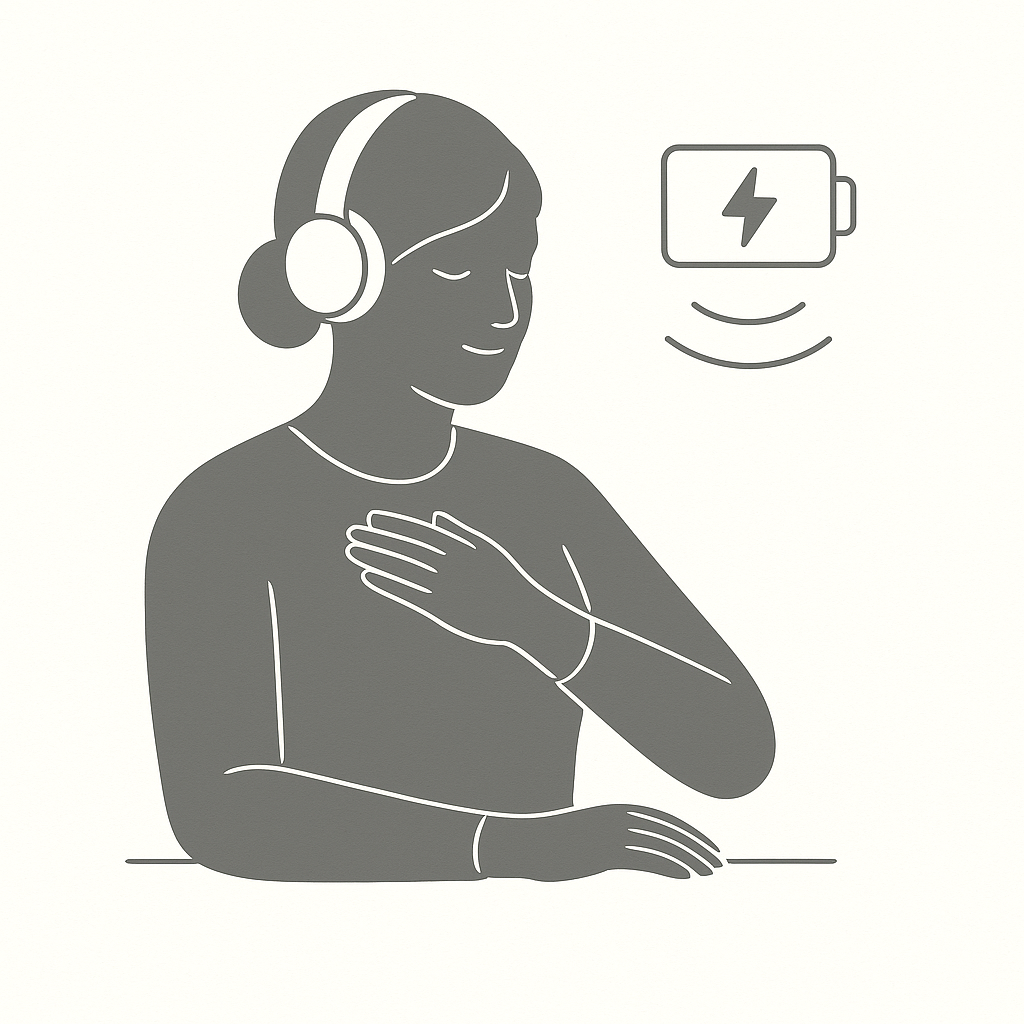Research can be hard. You don’t have to navigate it alone.
Habits, clarity, and emotional intelligence for graduate students, early career researchers, and the mentors guiding them.
New to GradLab Compass? Start with these essentials.
Welcome to your survival kit in blog form. Our featured series, Habits, Not Hacks, tackles the highs, lows, and occasional chaos of grad school - lab fails, awkward advisor encounters, productivity black holes - and offers and offers practical ways to handle them.
It’s for both sides of the bench: trainees and supervisors alike.
Meeting templates, wellness scripts, and habit trackers
Access free and paid resources here - Printables . These are designed to keep you organized, motivated and make your grad school journey a little less chaotic and a lot more doable.
Coming soon — join the community. Something special is just up ahead to help you put your best work forward.
Better science begins with better habits.
Academia isn’t broken because people lack training — it’s that essential habits, support, and communication skills are overshadowed by the relentless focus on producing data.
GradLab Compass gives you practical, emotionally intelligent tools to make research healthier, clearer, and more sustainable.
✓ Calm, grounded guidance ✓ Tools for navigating messy/lab culture ✓ Habits that outlast grad school ✓ Support for both trainees and supervisors
How to Manage Your Energy in Graduate School
Mentoring Graduate Students: Principles for PIs
How to Get the Most Out of Lab Meetings
Reframing Self-Care in a System That Never Slows Down
GradLab Compass is created by someone who believes that brilliant ideas thrive when people do. This space offers practical, honest, emotionally intelligent habits to help you build a healthier research life — one conversation at a time. Read more.







